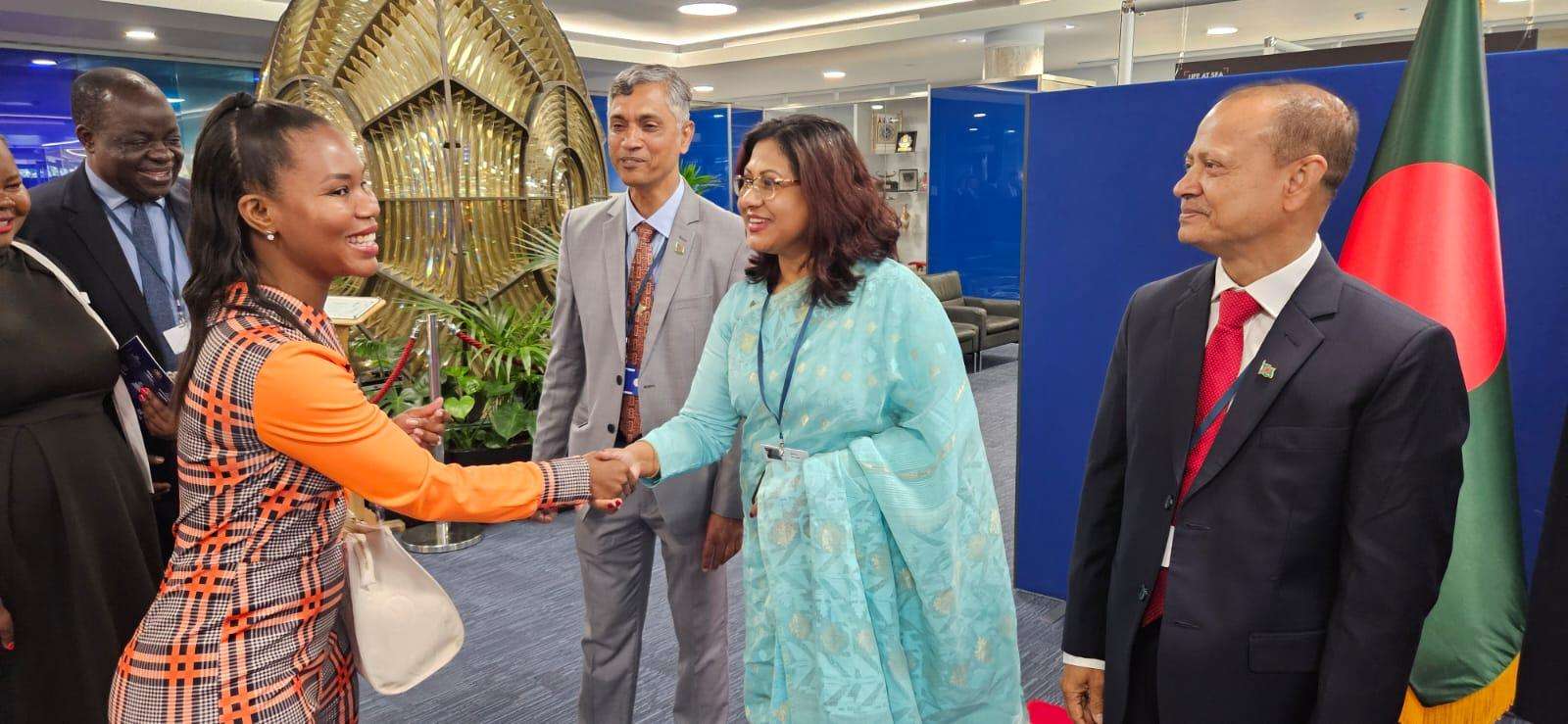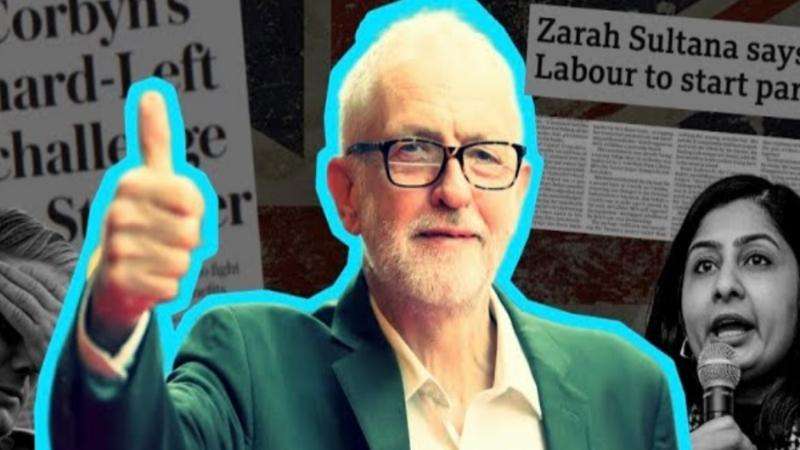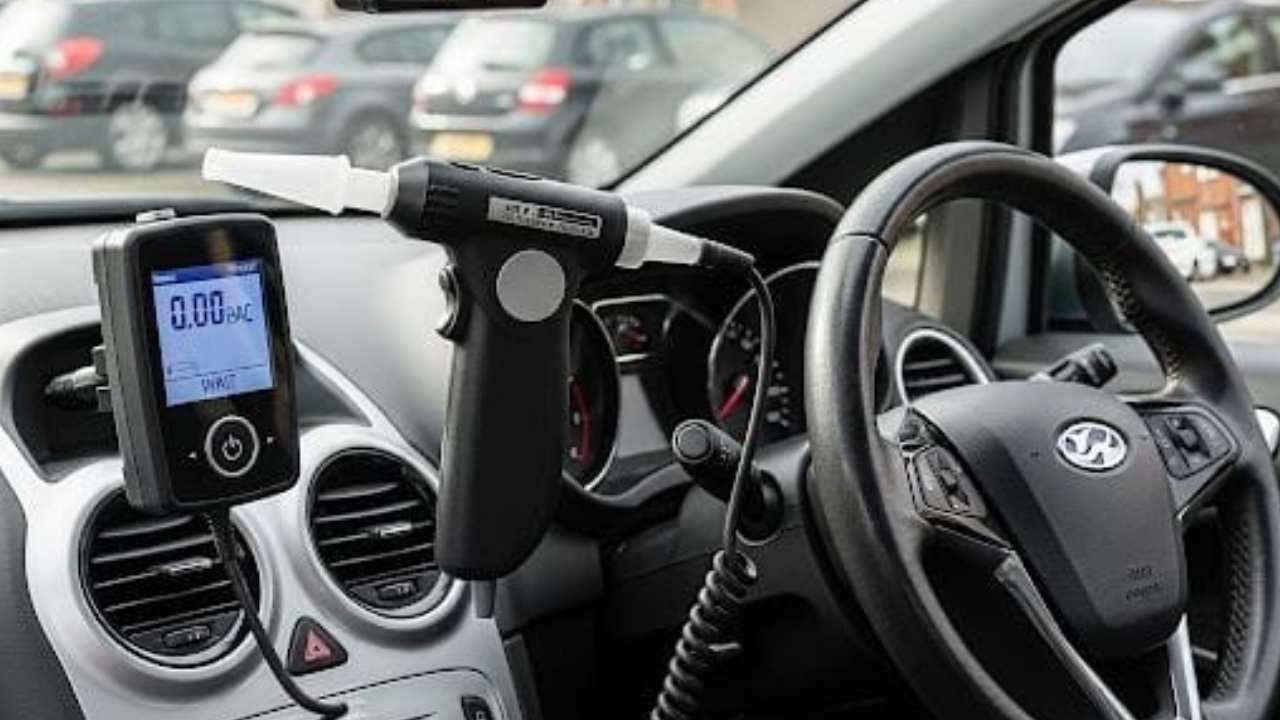Sir Keir Starmer is reportedly facing yet another rebellion from Labour backbenchers over proposed reforms to support for children with special educational needs and disabilities (Send) in England — just days after being forced into an embarrassing U-turn on welfare cuts.
On Sunday, Education Secretary Bridget Phillipson reaffirmed the government’s commitment to reforming the current system, which costs around £12 billion annually, to improve support for children with learning difficulties or disabilities. However, she refused to rule out scrapping Education, Health and Care Plans (EHCPs) — the key statutory documents that outline the specific support children need to achieve life goals. Many parents see EHCPs as the only effective way to secure necessary help from schools.
When asked directly whether EHCPs could be abolished, Phillipson described the matter as “complex and sensitive.” Speaking to the BBC’s Sunday with Laura Kuenssberg programme, she said:
“What I can say very clearly is that we will strengthen and put in place better support for children. I’ve been spending a lot of time listening to parents, disability rights groups, campaigners, and colleagues across Parliament, because it’s important to get this right — though it is tough.”
But a Labour MP told The Independent that many backbenchers maintain strong ties with Send campaigners and warned that, combined with the recent welfare cuts debacle, any move to weaken support for disabled children would face fierce opposition.
“People are angry with us. New MPs will be feeling that,” the MP said.
Several other MPs told The Times that the proposed changes risk becoming “welfare mark two,” claiming dozens are ready to rebel. One backbencher cautioned:
“If they don’t rethink now, they’ll repeat the same mistake they made with welfare reform. We support improving the system — but not if it’s about saving money by taking support away from children.”
Another Labour MP added:
“If they thought cutting benefits for disabled adults was bad, wait until they try it with disabled kids.”
This growing unrest comes after Starmer was recently forced to abandon key welfare cuts to get them through Parliament following significant resistance from within his own party.
Meanwhile, a letter shared with The Guardian by campaigners warned that removing EHCPs would risk denying thousands of children essential support or even access to education.
“For more than 40 years, children and young people with special educational needs and disabilities have had a statutory right to an education that meets their needs,” the letter said.
“Against the backdrop of catastrophic plans to cut benefits for disabled people, this raises serious questions about what kind of country and society we want to be.
“Whatever the problems with the Send system, stripping away children’s rights is not the answer. Families cannot afford to lose these vital legal protections.”
The letter was signed by charity leaders, academics, Send parents including actor Sally Phillips, and campaigners such as broadcaster Chris Packham.
When pressed on the reforms, Education Minister Stephen Morgan declined to guarantee that all children would retain their current levels of support, saying the government must be “honest” with parents.
Speaking to Times Radio, Morgan stated:
“We absolutely want to make sure we deliver better support for vulnerable children and their parents, and we’re committed to getting that right — it’s a real priority.”
But when asked if he could guarantee that every child would keep their current provisions, he replied:
“Of course, we want to make sure every child gets the support they need. That’s why we’re carrying out this broader reform and publishing the white paper later this year.”
A Department for Education spokesperson argued that the government “inherited a Send system left on its knees,” which is why they are exploring changes to improve support and reduce the need for parents to fight for help.
They stressed there are “no plans to abolish Send tribunals, or to remove funding or support from children, families, or schools.” Instead, the government is working with parents and experts to develop solutions, which include more early intervention measures and a £740 million investment to help councils create more specialist places in mainstream schools.
They added:
“As part of our plan for change, we will restore families’ confidence and deliver the improvements they’ve been calling for so that every child can achieve and thrive.”
Government data released in June showed that the number of EHCPs in place has continued to rise. In January 2025, there were 638,745 EHCPs — an increase of 10.8% compared to the previous year.
The number of new EHCPs initiated during 2024 rose by 15.8% to 97,747, while requests for assessments increased by 11.8%, reaching 154,489.
_2.jpg)

_2.jpg)




_5.jpg)
.svg)




